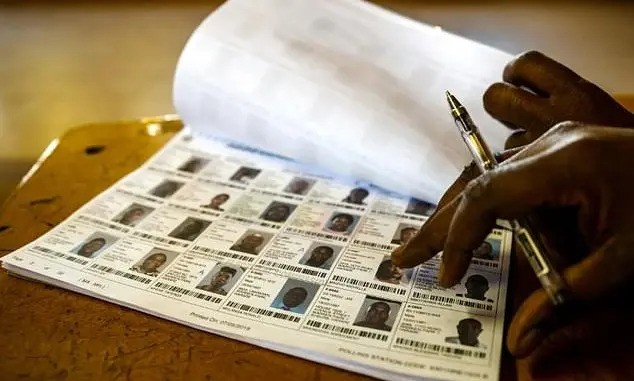
Possibility of an early election?
We said that if the Senate and the National Assembly, sitting separately, were to resolve by two-thirds majorities of their total membership that Parliament should be dissolved, then the President would be obliged by section 143(2) of the Constitution to issue a proclamation dissolving Parliament.
In that event, in terms of section 158(1)(b) of the Constitution, a general election would have to be held within 90 days after the last resolution was passed.
When we issued that bulletin we thought an early election was unlikely but recent events suggest we may have been wrong.
There are straws in the wind which may point to an early election.
- Fast-Tracking of Government Business in Parliament
On Tuesday, at the request of the Minister of Justice, Legal and Parliamentary Affairs, the National Assembly resolved to suspend its standing orders for a week so that Government business could be fast-tracked through Parliament.
Government may be trying to get important Bills through Parliament quickly so that Parliament can close for an early election.
Some of the Bills could be seen as strengthening the ruling party’s control grip on society in advance of an election: the PVO Amendment Bill and the “Patriot Bill”, for example.
- Delimitation problems
To say there have been problems with delimitation is putting it mildly. The preliminary delimitation report that was presented to the President on the 26th December was deeply flawed, as we pointed out in our Election Watches 1/2023 and 2/2023 and as Parliament pointed out in its report to the President [see Election Watch 4/2023. No one seems to like the report, except perhaps the chairperson of the Zimbabwe Electoral Commission [ZEC] and her deputy.
The chairperson has said her staff are working overtime to rectify the faults in the report, but the faults are so fundamental it is unlikely that a proper delimitation report can be prepared and published in time to be used for the next general election.
As we explained in our earlier Election Watches, delimitation must be completed at least six months before polling day in an election if it is to be used for that election (section 161(2) of the Constitution) and – unless Parliament is dissolved early – the next general election must be held between the 28th July and the 26th August this year. So if this delimitation report is to be used in the mid-year election it must be published between the 28th January (for an election held on the 28th July) and the 26th February (for an election on the 26th August). The report is already too late for a July election, and the deadline for an August election is fast approaching and probably cannot be met.
There is another factor militating against early completion of the final delimitation report. Seven ZEC commissioners apparently dissociated themselves from the preliminary report and said that a proper delimitation should be conducted after this year’s elections – implying that the elections would have to be held using existing electoral boundaries.
Those seven commissioners are unlikely to agree to a final delimitation report based on the flawed preliminary report, but their votes will be needed for ZEC to approve the final report – ZEC has only nine commissioners altogether, including the chairperson and deputy chairperson. If the seven commissioners cannot agree to a final report then it will be impossible for ZEC to meet any deadline, however long.
If a final delimitation report cannot be produced in time, and existing electoral boundaries remain in place, an early election will be easier to arrange because it will not be necessary to reorganise and relocate polling stations, constituency centres and so on.
When Could an Early Election be Held?
If the Government and ruling party do decide on an early general election, the date on which it can be held depends on when Parliament passes the necessary dissolution resolutions and when the President, in response, publishes a proclamation calling the election in terms of section 38 of the Electoral Act.
The resolutions could be passed as soon as the Senate and the National Assembly have completed all outstanding Government business, perhaps at the end of next week.
After that section 158(1)(b) of the Constitution gives the President 90 days within which to publish a proclamation calling the election, but we may assume he would do so immediately the resolutions are passed or within a few days afterwards.
The President’s proclamation fixes the dates for the nomination of candidates and polling (i.e. voting) in the election:
- Nomination day must be between 14 and 21 days after the publication of the proclamation
- Polling day must be between 30 and 63 days after nomination day
So polling day in an early election will have to be between 44 and 84 days after the proclamation is published.
Conclusion
All this is speculation and no one in Government has suggested that elections should be held early. Nevertheless, politicians and the public should be alert to the possibility.
Post published in: Featured

